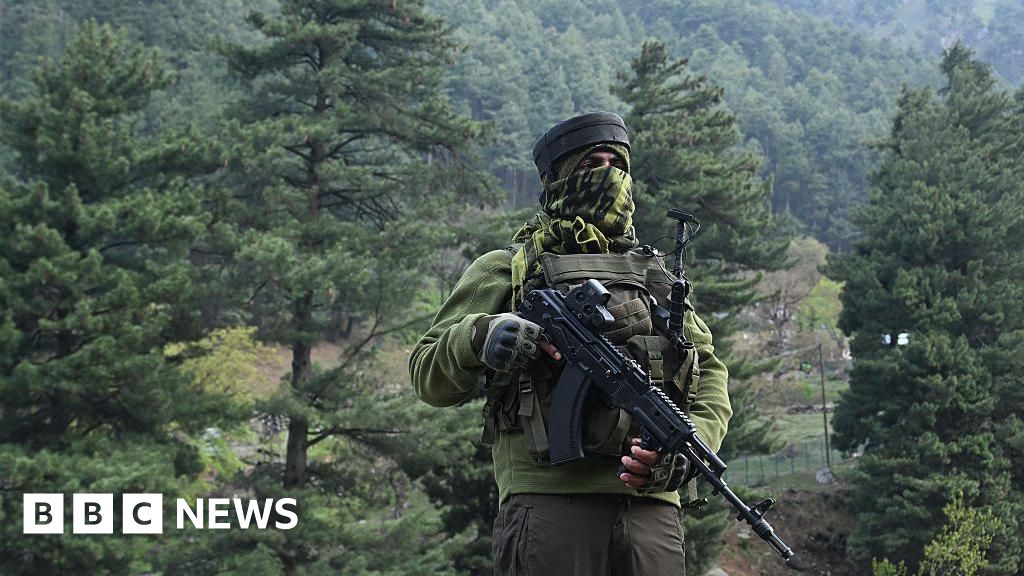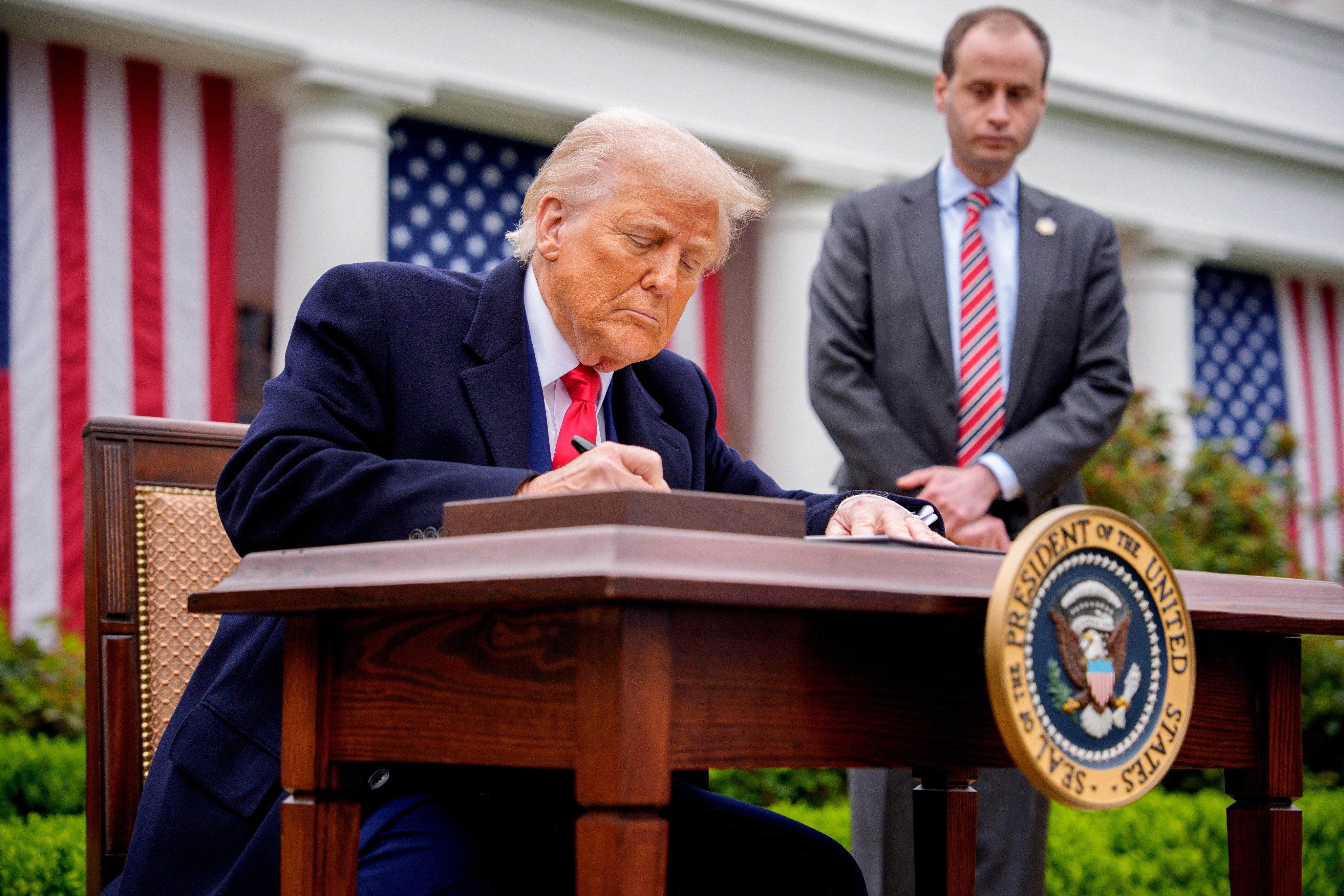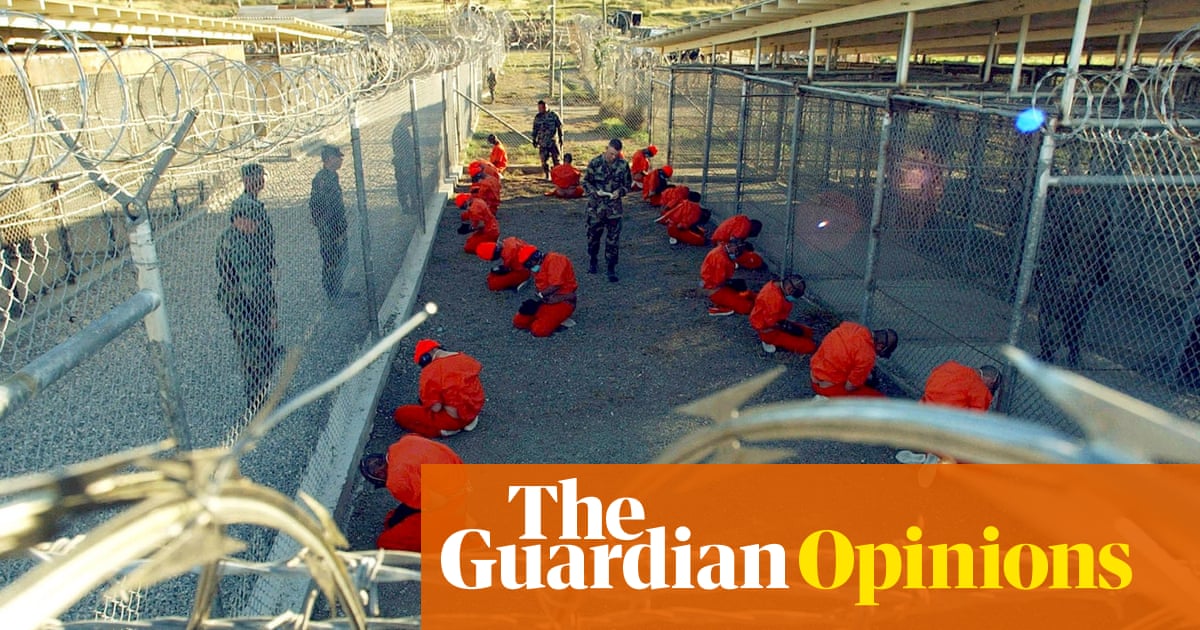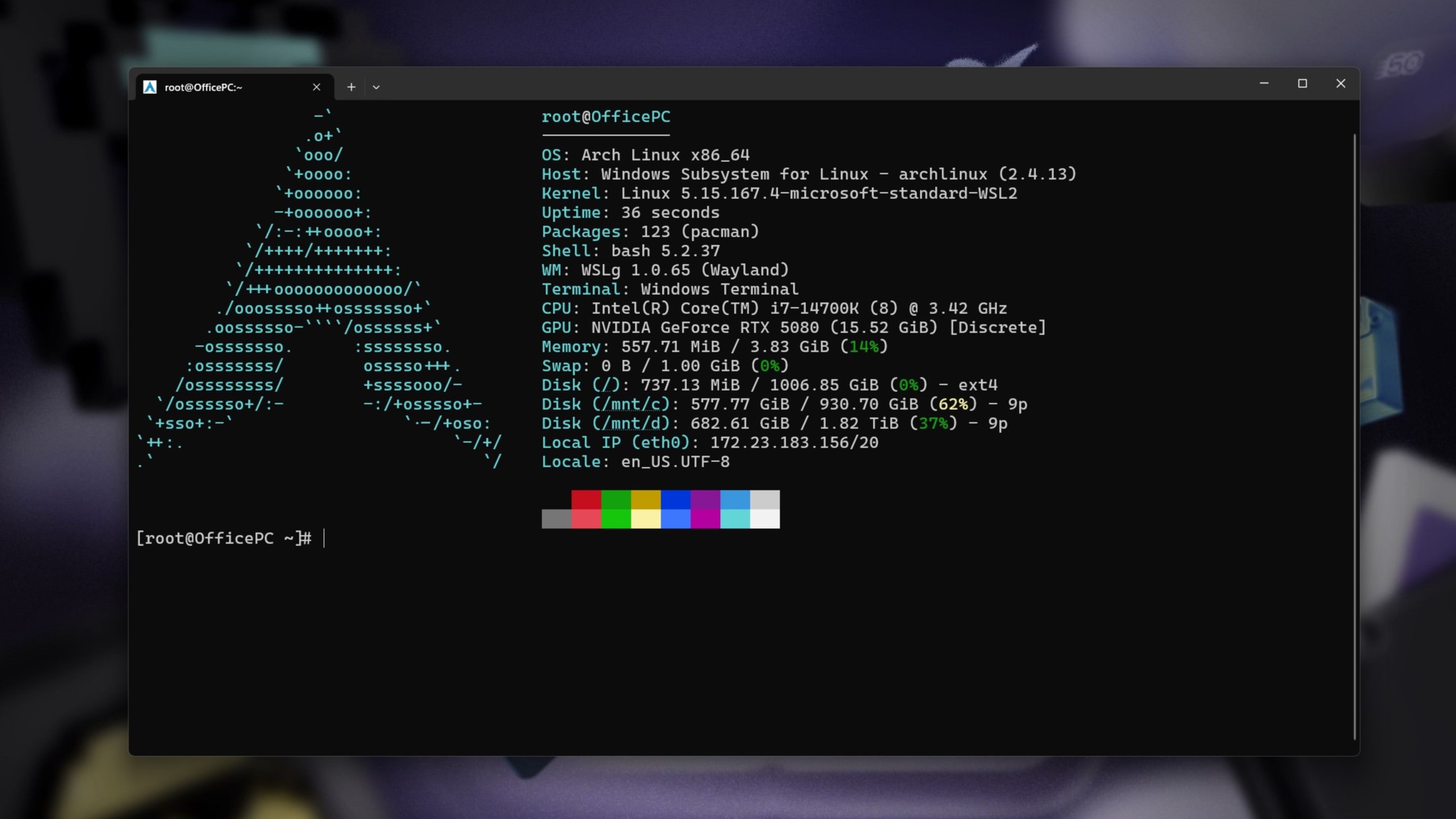Pakistan Warns of Imminent Indian Military Strike Amid Rising Tensions

In a significant escalation of tensions between India and Pakistan, Pakistan's Information Minister, Attaullah Tarar, has claimed that the country possesses "credible intelligence" indicating that India is planning a military strike within the next 24 to 36 hours. This alarming assertion comes on the heels of a deadly attack near the popular tourist destination of Pahalgam in Indian-administered Kashmir that claimed the lives of 26 individuals, a tragedy that has reignited long-standing hostilities between the two nuclear-armed nations.
Tarar expressed grave concerns about India's intentions, labeling the potential military action as a "false pretext" for aggression, and underscored that any such act of military adventurism would be met with a decisive response from Pakistan. His comments reflect a deepening sense of insecurity and mistrust that has characterized the relationship between the two countries for decades.
The recent attack in Pahalgam, which is one of the deadliest assaults on civilians in the region in over twenty years, was attributed by Indian authorities to militants allegedly supported by Pakistan. Islamabad has vehemently rejected these accusations, maintaining that it does not endorse any militant activities across the border.
In response to the attack, Indian authorities have intensified their crackdown in Indian-administered Kashmir, detaining over 1,500 individuals as part of their investigation. Reports indicate that there have been ongoing searches and the demolition of homes belonging to at least ten suspected militants, with connections to the recent violence being scrutinized.
The longstanding conflict over Kashmir, which both India and Pakistan claim in its entirety yet administer only in part, has been a source of animosity since the partition of British India in 1947. The region has been embroiled in armed insurgency against Indian rule since 1989, with militant groups targeting both security forces and civilians. The complex situation is further exacerbated by the fact that the identities of the attackers in the Pahalgam incident remain murky. While Indian police have named three suspects, identifying two as Pakistani nationals and one as a local resident, details about a fourth suspect remain undisclosed.
Interestingly, a little-known group named the Resistance Front was initially reported to have claimed responsibility for the attack but later issued a statement denying any involvement. This group is believed to have ties with Lashkar-e-Taiba, a notorious militant organization known for its anti-India stance.
The repercussions of the Pahalgam attack have sparked significant outrage across India. Prime Minister Narendra Modi, addressing the nation, vowed to pursue the suspects relentlessly, stating that they would be hunted "till the ends of the earth" and that retribution awaited those responsible for planning and executing the deadly assault. This pledge underscores the heightened emotions and nationalistic fervor that often accompany such incidents, intensifying the call for military preparedness and strategic responses from the Indian government.
As the situation unfolds, both nations remain on edge, with military exchanges and exchanges of fire reported along the Line of Control, further complicating an already volatile situation. The international community is watching closely, as any miscalculation by either side could lead to serious consequences, given the nuclear capabilities possessed by both countries.



























